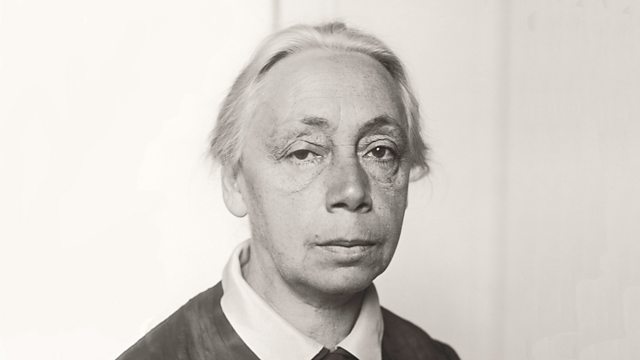The Grieving Parents
Poet Ruth Padel reflects on the German artist Kathe Kollwitz's memorial for her youngest son, Peter, who died on the battlefields of the First World War in October 1914.
How great artists and thinkers responded to the First World War through individual works of art
10.The poet Ruth Padel reflects on the German artist Kathe Kollwitz's memorial for her youngest son Peter, who died on the battlefields of the First World War in October 1914.
The German painter, printmaker and sculptor created some of the greatest and most searing accounts of the tragedies of poverty, hunger and war in the 20th century.
The death of her youngest son, Peter, in October 1914, prompted a prolonged period of deep depression, but by the end of that year she was turning her thoughts to creating a moument to Peter and his fallen comrades.
She destroyed this first monument in 1919 and began again in 1925. The final memorial, entitled The Grieving Parents, was finally completed in 1932 and placed in the cemetery where Peter lay.
The poet Ruth Padel traces Kollwitz's long period of anguish and artistic growth.
Producer : Beaty Rubens.
Last on
More episodes
Next
You are at the last episode
Broadcast
- Fri 4 Jul 2014 22:4591热爆 Radio 3
Death in Trieste
Watch: My Deaf World
The Book that Changed Me
Five figures from the arts and science introduce books that changed their lives and work.
Podcast
-
![]()
The Essay
Essays from leading writers on arts, history, philosophy, science, religion and beyond.





